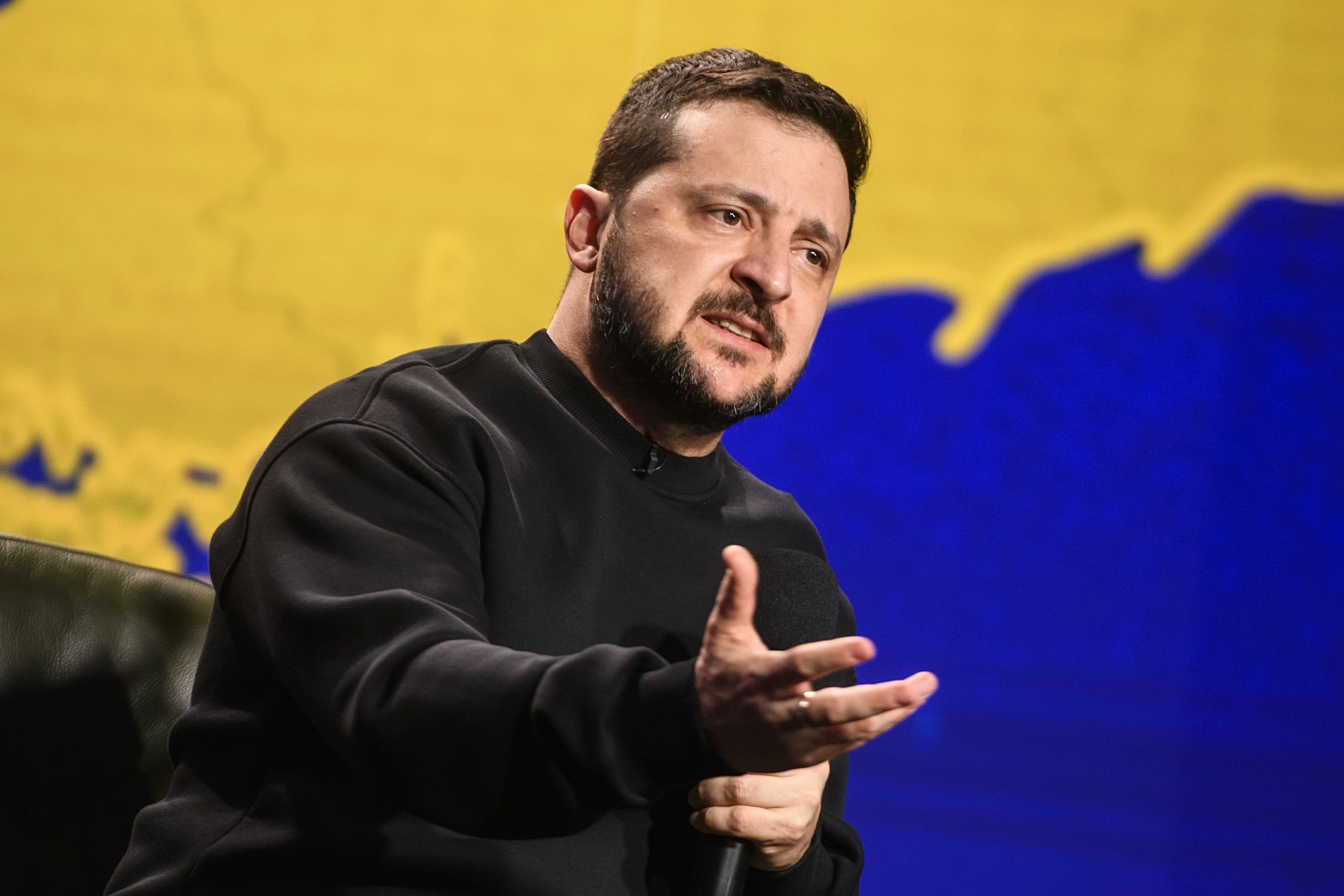Washington is leading the charge to confiscate some $300 billion in Russian assets frozen in G7 countries, but some allies in Europe are worried about the legal precedent it would set and how Moscow might retaliate.
Kyiv is facing a funding shortfall as partisan fighting over federal spending in the US leaves money for Ukraine in limbo, while the European Union is struggling to circumvent a Hungarian veto on sending more aid. US Secretary of State Antony Blinken said Washington had dispatched its last aid package under current funding to Ukraine on Wednesday.
The impasse on both sides of the Atlantic has made the notion of using Russian money to fund Ukraine’s fight look tempting, but it is not without risk. There is no clear legal mechanism for taking the assets, and on a larger scale, such a move could spook countries like China, Saudi Arabia and Brazil about the safety of storing their securities in US and European clearing houses. That’s not to mention the pressure Russia might try to impose in retaliation — although recent Russian threats toward Finland, South Korea and Japan have led to nothing.
The US is suggesting the G7 form working groups to address the legal challenges, and the best way to funnel the money to Kyiv. If fully seizing the assets proves too tough to swallow, alternatives like funneling interest earned on the frozen funds to Kyiv could still squeak through. Washington hopes to roll out a plan by the second anniversary of Russia’s invasion on February 24.
